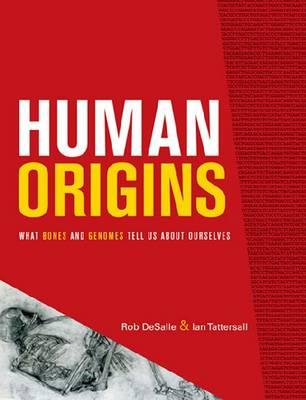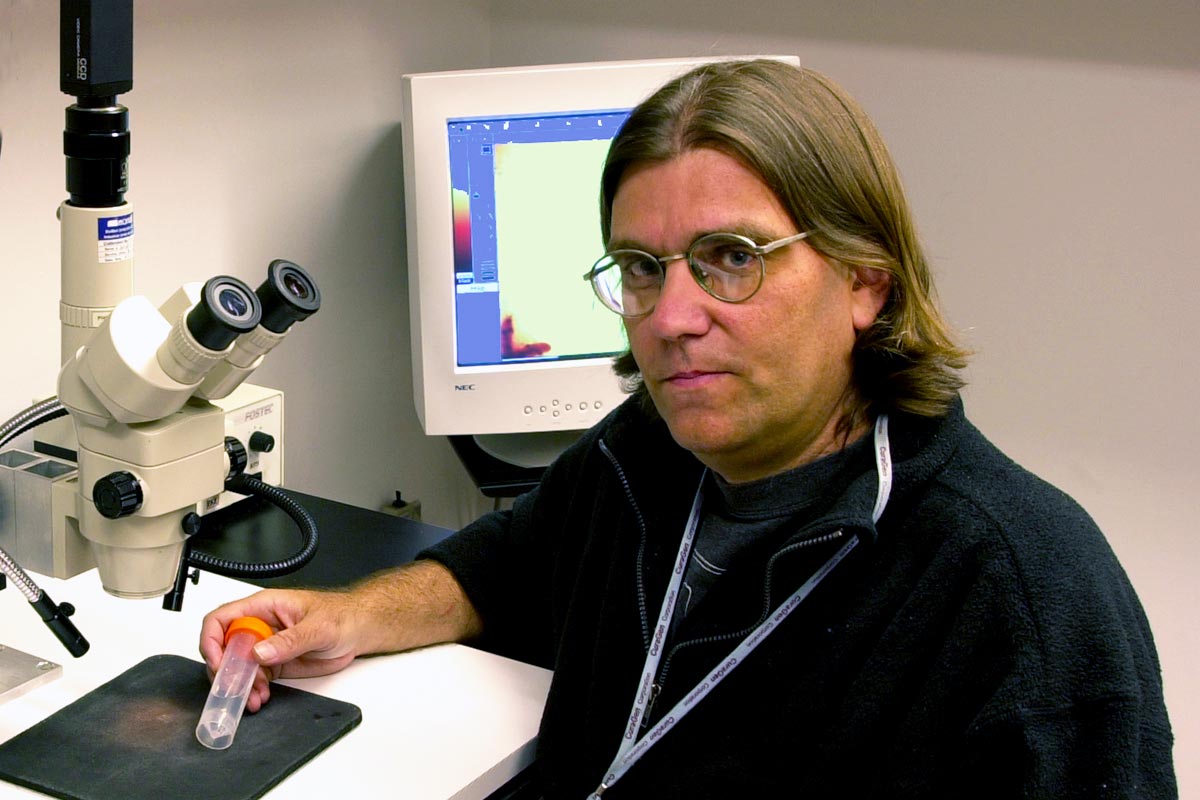

 Texas A&M University Press
Texas A&M University Press
Human Origins: What Bones and Genomes Tell Us about Ourselves


Key Metrics
- Rob DeSalle
- Texas A&M University Press
- Paperback
- 9781603445184
- 9.9 X 7 X 0.6 inches
- 1.4 pounds
- Science > Life Sciences - Evolution
- English
 Secure Transaction
Secure TransactionBook Description
Even as paleoanthropologists continued to make important discoveries--Mary Leakey's Nutcracker Man in 1959, Don Johanson's Lucy in 1974, and most recently Martin Pickford's Millennium Man, to name just a few--experts in genetics were looking at the human species from a very different angle. In 1953 James Watson and Francis Crick first saw the double helix structure of DNA, the basic building block of all life. In the 1970s it was shown that humans share 98.7% of their genes with the great apes--that in fact genetically we are more closely related to chimpanzees than chimpanzees are to gorillas. And most recently the entire human genome has been mapped--we now know where each of the genes on the chromosomes that make up DNA is located on the double helix.
In Human Origins What Bones and Genomes Tell Us about Ourselves, two of the world's foremost scientists, geneticist Rob DeSalle and paleoanthropologist Ian Tattersall, show how research into the human genome confirms what fossil bones have told us about human origins. This unprecedented integration of the fossil and genomic records provides the most complete understanding possible of humanity's place in nature, its emergence from the rest of the living world, and the evolutionary processes that have molded human populations to be what they are today.
Human Origins serves as a companion volume to the American Museum of Natural History's new permanent exhibit, as well as standing alone as an accessible overview of recent insights into what it means to be human.
Author Bio
Dr. DeSalle works in molecular systematics, microbial evolution, and genomics. His current research concerns the development of bioinformatic tools to handle large-scale genomics problems using phylogenetic systematic approaches.
Dr. DeSalle has worked closely with colleagues from Cold Spring Harbor Labs, New York University, and the New York Botanical Garden on seed plant genomics and development of tools to establish gene family membership on a genome- wide scale. His group also focuses on microbial genomics, taxonomy, and systematics.
In particular, they approach tree-of-life questions concerning microbial life using whole genome information. He also dabbles in Drosophila systematics.
Education
- Washington University, Ph.D, 1984
University of Chicago, B.A., 1976
Source: American Museum of Natural History
Videos


Community reviews
Write a ReviewNo Community reviews